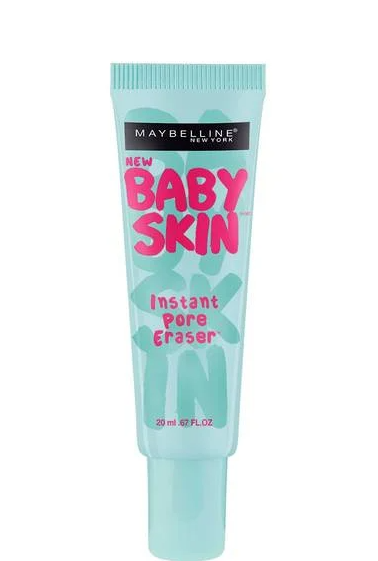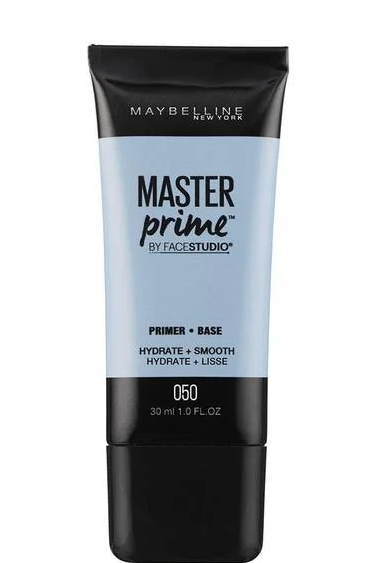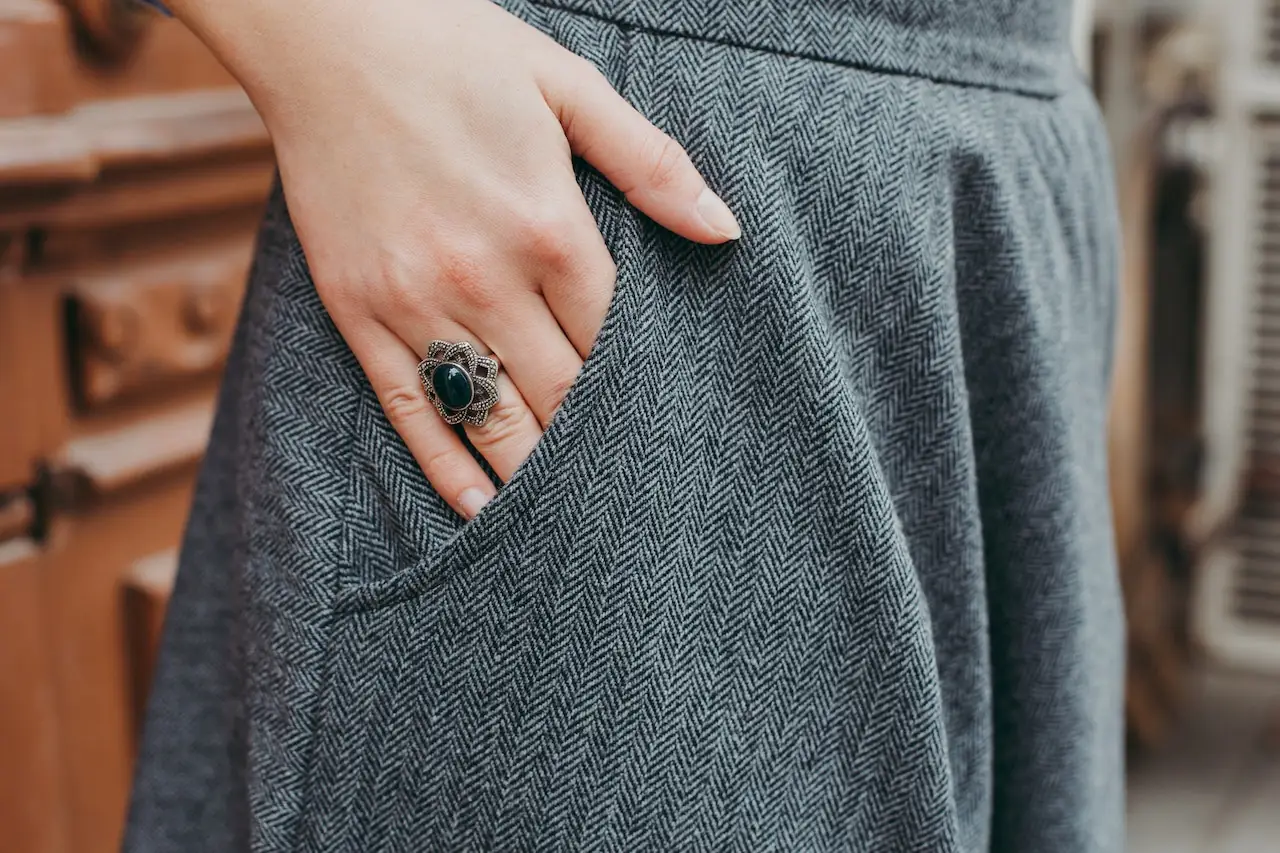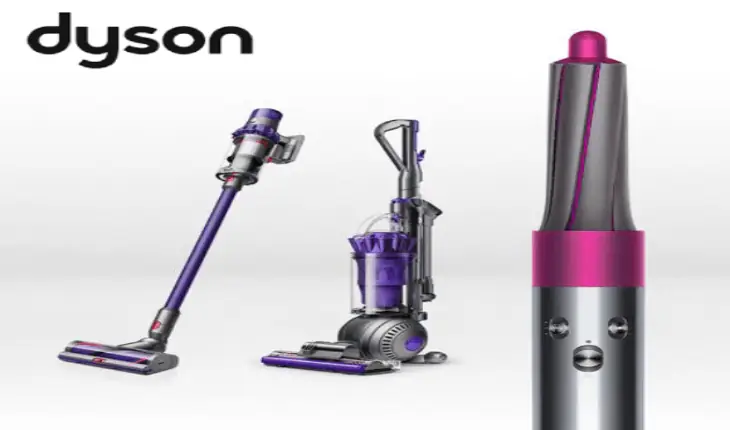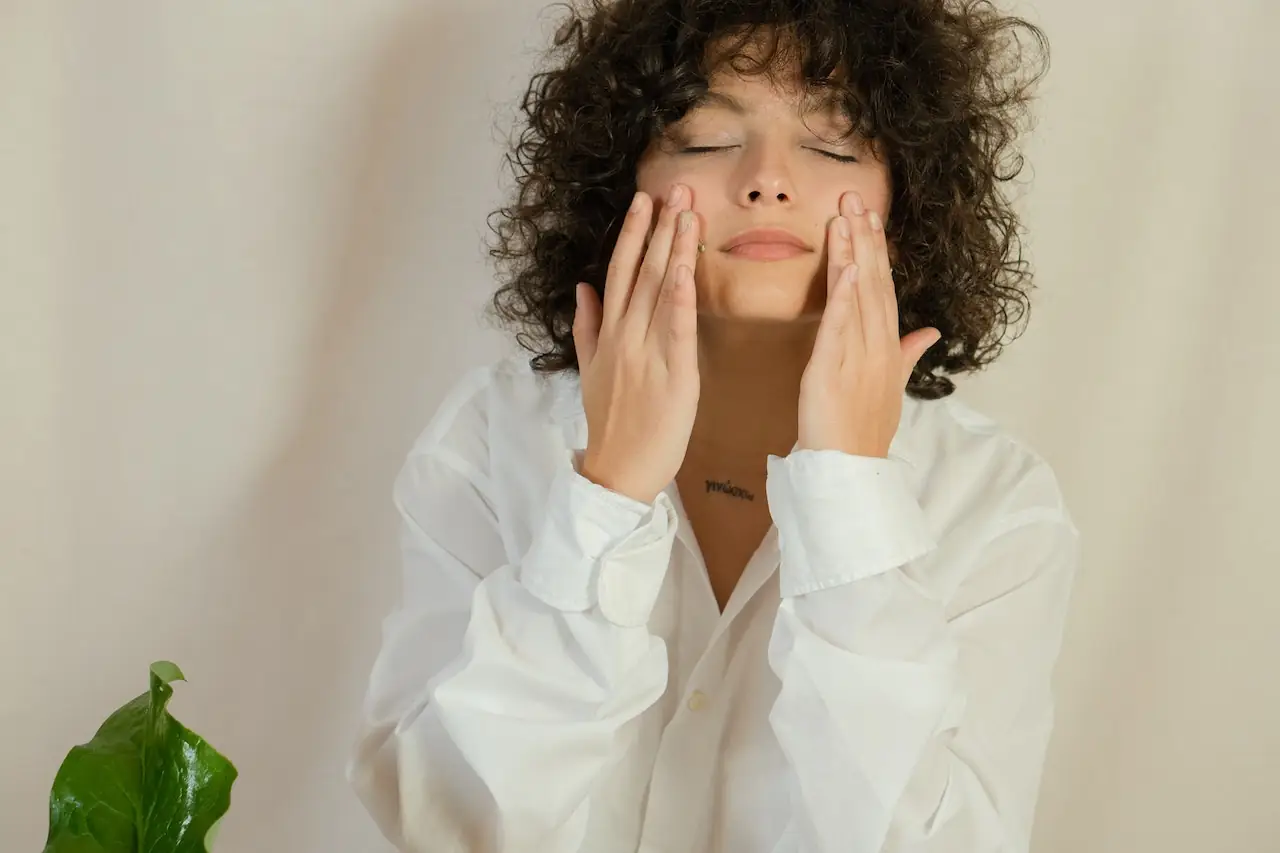
Priming your face before applying makeup can make a huge difference, as it is the best canvas possible. However, those unfamiliar with cosmetics may wonder, "what is a primer, anyway?" I'm happy you asked! You should apply Makeup primers before applying eyeshadow, foundation, lipstick, mascara, and even nail polish to create a smooth base that aids in the longevity of the cosmetics above. We have picked Maybelline Primers, your skin would love if you apply their primers as they are pretty light to the skin and will make your skin look poreless. Maybelline got you covered here.
In addition to facilitating your makeup application, primers can help you use less. The basic idea is that they'll act as a protective layer between the formula and your skin, extending the time before you reapply. Below, we'll dissect each option in detail, as there are distinct possibilities for various steps in our beauty regimen.
What Is A Primer?
Makeup primer is similar to paint primer in that both are used as a base to enhance the final result. You can use a primer to improve the appearance of your eyes, face, lashes, lips, and nails. Example: using a face primer to minimize the appearance of pores, set the stage for long-lasting makeup, control oily skin, and block shine. There is a primer for everyone, whether you have dry skin, oily skin, dull skin, acne, hyperpigmentation, sun protection, pollutants, or a combination of these issues.
Also, if you want to cut down on the number of products you use, look for a primer that serves as a moisturizer, smoother, and highlighter all in one.
Types of Face Primers
1. Mattifying face primer:
Primers can improve the longevity of your foundation by using a mattifying primer if you have oily skin. Choose a silicone-based primer because it will blur and smooth out your pores and create a mattifying barrier between your skin and your makeup.
2. Hydrating face primer:
Primers containing skincare ingredients, like hyaluronic acid and antioxidants, are especially helpful for dry skin because they help to hydrate the skin and prevent further dryness. If your skin is dry, you shouldn't use a primer that contains silicone because it will "pill" over your skin.
3. Color-correcting face primers:
Primers like these have a color that will hide any underlying skin discoloration. Primers in shades of green neutralize redness, while those in shades of blue counteract the yellowing effect of sallow skin.
4. Blurring face primer:
Primers that blur imperfections do a better job smoothing than mattifying, making them ideal for mature skin because they reduce the appearance of fine lines and wrinkles.
5. Eyeshadow primer:
It's common knowledge that eyeshadow won't last through a workout, sweaty weather, or a day at the gym. All that, and your eyeliner, can be fixed with just a primer. Eye primers have many uses, including correcting the color of the eyelid before makeup is applied, hydrating and smoothing the eyelid, and keeping the eye area free of oil.
6. Mascara primer:
Use a mascara primer if you need help getting your lashes to stay curled. Many also include conditioning ingredients that condition the lashes while adding volume and length.
7. Lip primer:
Lip primers are only necessary for some, but they are best for those who want their lip color to last all day. Applying it under a matte liquid lipstick or a bright lip color will prevent bleeding and smooth out your lips so that the color stays longer. It can also give naturally bare lips a quick boost if that's your look.
8. Nail primer:
If you're a do-it-yourself nail artist, a nail primer can add a protective layer that extends the life of your polish. Like other nail primers, it creates a smooth base coat for your nails and improves polish adhesion. Nail primer is also a good choice for use beneath acrylic nails.
How to Apply A Face Primer
Need to know how to prime your face? Just do it. Apply your moisturizer first, and then give your skin a few minutes to dry if you use one. With your fingers or a makeup sponge, apply a thin layer of primer to your entire face, starting in the center. Wait a few minutes for the primer to dry before you put on your foundation. The primer you choose must work well with the foundation you intend to use. If you use a primer containing silicone and a water foundation, the latter may "pill" over the former. Use another product containing silicone, such as a foundation, on top of a silicone-based primer.
You can use your fingers, a brush, or a sponge to apply an eyeshadow primer. A meeting is my tool of choice when applying color-correcting eye primers so that I can be precise with my application—because of this, using translucent primers with my fingers is the most effective method for me.
Curl your lashes before applying mascara primer, and then use a sweeping motion to cover the entire length of your lashes. Apply the primer to one eye at a time to coat it with your preferred mascara before it dries. Your eyelashes will end up looking thick and beautiful.
It does matter what kind of container your lip primer comes in. There are a few different packaging options: a wand, a squeeze tube, or a pot. You can easily apply it to your lips with the help of the wand and squeeze tube. I recommend using your fingers if it's in a pot because the consistency is likely thicker, making it more challenging to clean the brush afterward.
Is It Necessary to Use A Face Primer?
Seasonally, they may be helpful (think: helping your eyeshadow stay in place during melting temps). In the winter, elements around us (like wind, snow, and thus, tearing eyes) can make eye primer your friend. Primer can be helpful for special occasions. Tears, sweat, and lots of hugging and kissing are inevitable at special events [like a wedding]. Hence, a primer helps keep makeup in place and prevent smudging and movement.
Using powder or blotting papers, we can easily monitor the level of shine. If you use a proper-weight moisturizer for your skin type, the foundation should adhere fine and have a beautiful finish. However, if you have severe skin problems like roughness, redness, or dullness, a primer can only help.
Conclusion
Primers for makeup may be helpful for some women but only for some. You won't need primers if you use skincare products that adequately hydrate, brighten, and protect your face from the sun. Primers can improve your appearance if you have problems like oily skin, enlarged pores, or redness.
